By Christine Darg, Jerusalem Channel
For centuries the Church understood the salvation aspects of Passover and the spring festivals of the Lord and how Jesus fulfilled these appointed seasons in exact detail.
But throughout the history of the Church, until our lifetime, churchmen knew or wrote hardly anything about the fall Levitical festivals of the Lord.
All of the Lord’s seven festivals, or appointed seasons, are outlined in the Torah in Leviticus 23. Each one concerns various aspects concerning the plan of salvation through Messiah.
The subject until recent times was a silent, closed book of little interest or concern.
This is because the spring festivals explain the first coming of Jesus as God’s Suffering Servant (Messiah Ben Joseph), but the fall festivals largely concern his Second Coming as King of Kings and Lord of Lords (Messiah Ben David).
When the Lord returns as the triumphant, conquering Messiah, Son of David, he will fulfil to the last detail aspects of the Feast of Trumpets, the Day of Atonement and the Feast of Tabernacles.
In our lifetime, the Levitical festivals of the Lord that occur in the fall are finally being understood for their prophetic significance. Although we have not unraveled all the priceless mysteries, revelation is ongoing and thrilling.
Understanding the fall festivals is part of the unsealing of the books that was prophesied by the prophet Daniel.
“Go your way, Daniel, for the words are shut up and sealed until the time of the end.” (Daniel 12:9)
(In a commentary on this passage, Matthew Henry had unusual illuminaiton when he stated, “The imposture of Mohammed, and the papal usurpation, began about the same time; and these were a twofold attack upon the church of God. But all will end well at last. All opposing rule, principality, and power, shall be put down, and holiness and love will triumph, and be in honour, to eternity.”)
Although my husband and I have been privileged to have many mentors, Christian Broadcasting Network (CBN) founder Pat Robertson taught us much about Israel’s festivals decades ago. Pat is to be credited as a forerunner of revelation knowledge concerning the Levitical fall festivals. He has been celebrating the fall festivals and teaching about them for decades. The closest my Protestant upbringing taught me about the Lord’s fall festivals were Thanksgiving and fall Harvest festivals.
From the beginning of the early days of the 700 Club TV program, Pat Robertson possessed extraordinary revelation, not only about the name of God, YHVH, but also concerning the Feast of Trumpets, the Day of Atonement and the Feast of Tabernacles.
It is important to understand the fall festivals in order to grasp God’s entire plan of redemption. If the spring festivals spoke of Yeshua’s first coming, surely the fall festivals speak of his Second Coming.
Pat Robertson truly has enjoyed a John the Baptist type ministry as a forerunner and herald of the Second Coming of Jesus.
A dear friend sent me the following question on Facebook:
“In the story of the ten virgins in Matthew 25, they were all sleeping, and since they were supposed to be going to a wedding, who was the person responsible for declaring ‘Behold, the Bridegroom Cometh!’ Was he the town crier or one of the wedding party? Years ago, a man of God prayed earnestly not to be one of the foolish virgins, but to help him to be like the wise virgins. God told him he was looking for those who were wise and ready to go to the wedding and also looking for those to declare the coming of the Bridegroom. As I was reading that scripture recently, I thought of this question.”
I replied: Jesus said in John 3:29, “The bride belongs to the bridegroom. The friend [best man] who attends the bridegroom waits and listens for him, and is full of joy when he hears the bridegroom’s voice.” Especially at this time of year at the Feast of Trumpets we are waiting to hear the Lord’s voice and the trump of God! John the Baptist was the friend of the Bridegroom who scripturally made the initial declaration, ‘Behold the Lamb of God’ and functioned in the role of which you speak. Now it is the “John the Baptist/Elijah Company”…prophetic people …who cry, “Behold, the Bridegroom Cometh!”
The joy of the Lord will only be entirely realized when fellowship with his Bride is completed. John the Baptist recognized that his own work was finished when the Messiah had been introduced.
Our work in this End-time company will be completed when the Second Coming of Messiah is heralded and the final Harvest of souls are swept into the Kingdom of God.
Please click here to watch my video teaching on the Festivals of the Lord.
REVIEW: the seven Annual Convocations of the Lord are grouped into three festivals that encompass the entire plan of salvation:
1. In the spring, in April of our calendars, Passover, Unleavened Bread and Firstfruits comprise the Feast of Unleavened Bread. These three ceremonies typify the first and foundational aspects of divine redemption, that of accepting the Passover Lamb’s cleansing blood, repenting, dying with Messiah and entering into water baptism for the washing away of our sins and the born again experience of being made alive by the Spirit of God . . . . and being raised up with Messiah, the first fruits from the dead. Many believers stop and camp out here at Passover and don’t press onward. (And even more troubling, the Church has changed Passover to the pagan “holiday” of Easter, the fertility goddess, but I’ve written elsewhere concerning taking the Broom of the Holy Spirit to the cobwebs of Church traditions that make void the power and pictures of God).
2. What Christians call Pentecost, meaning 50 days later, is termed in Judaism “Shavuot,” literally the Feast of “Weeks” occurring approximately in May or June. This second festival commemorates the giving of the Torah, and is a picture of the outpouring and baptism of the Holy Spirit in Acts Chapter 2: leading a holy life, worship of God in Spirit and in Truth. Many stop at the Pentecostal experience and don’t go on further to the conclusion.
3. The last three festivals of the Lord, Trumpets, the Day of Atonement and Tabernacles, were grouped together and occur in September or October of our calendar. The convocation of Trumpets speaks of God’s new year, of victory, of the redemption of our mortal body which will accompany the glorious appearing of our Lord from Heaven with the saints and holy angels. Yom Kippur, the Day of Atonement, the most somber fast day, calls to mind our continuing need to bring our sins to Messiah for forgiveness and cleansing and is a picture of the day when all Israel is saved. The eight days of dwelling in booths (“Succot”) of the Feast of Tabernacles portrays the coming of the Father and the Son to dwell in and with us forever and of the new heaven and earth reign of Messiah Yeshua. The eighth day of Tabernacles speaks of the first day of eternity.
These three annual seasons typify the three aspects of God’s plan of redemption:
Passover–salvation
Shavuot–sanctification–baptism in Holy Spirit, when we progressively move from life in the flesh to life in the Spirit
Tents/Tabernacles–conquest and rest, becoming an overcomer, the third area of redemption—victory over our carnal lusts, victory over Satan, victory over our pride and self-seeking when we enter Father’s rest
Passover is the festival of the Son.
Pentecost (Shavuot) is the festival of the Holy Spirit.
Tabernacles is the feast of the Father.

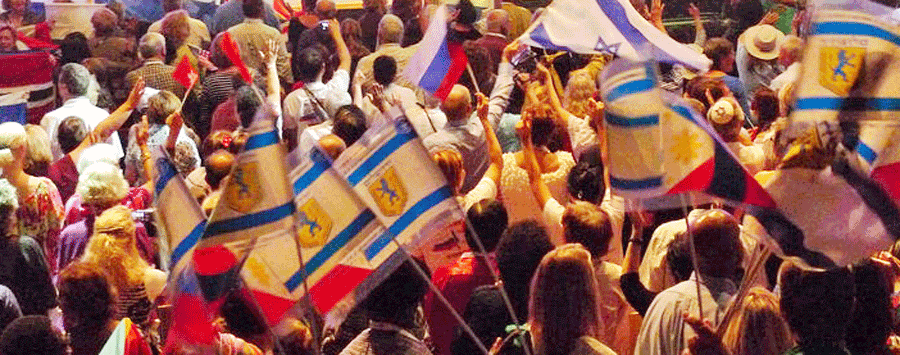
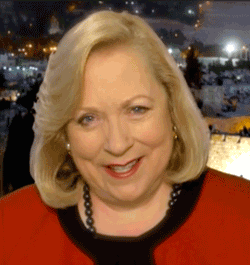
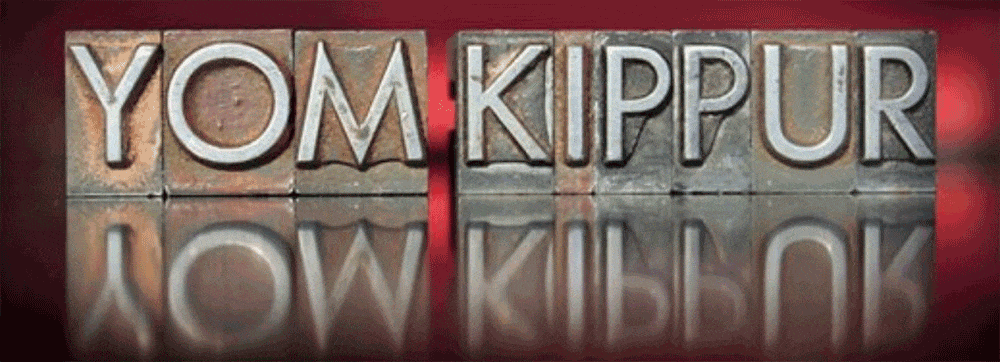

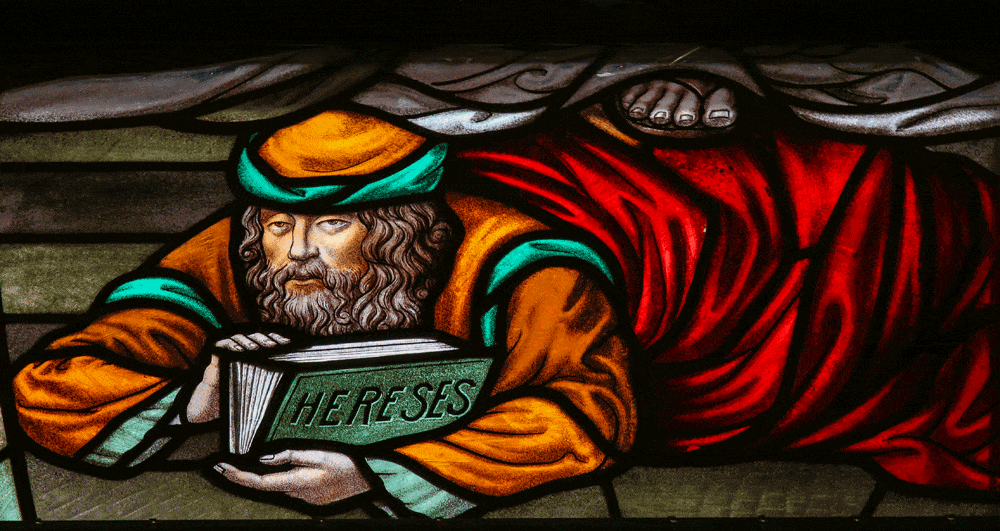
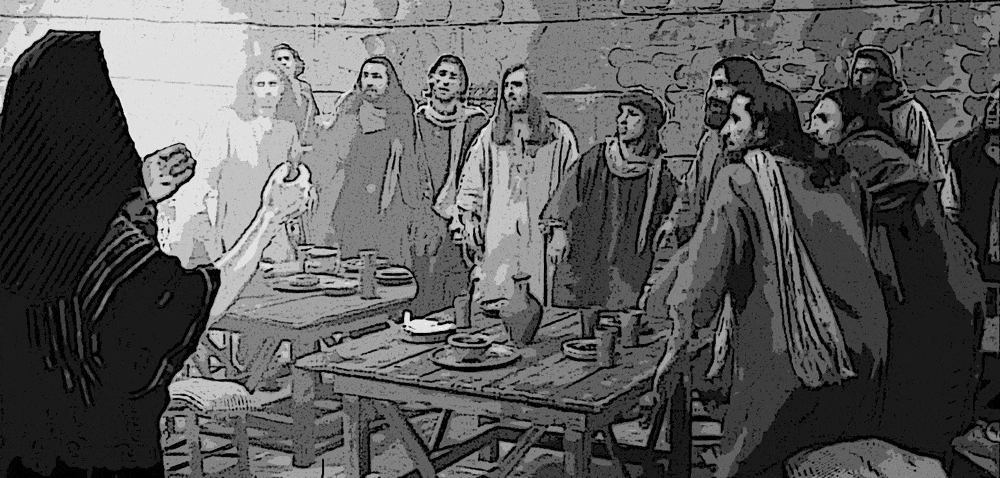
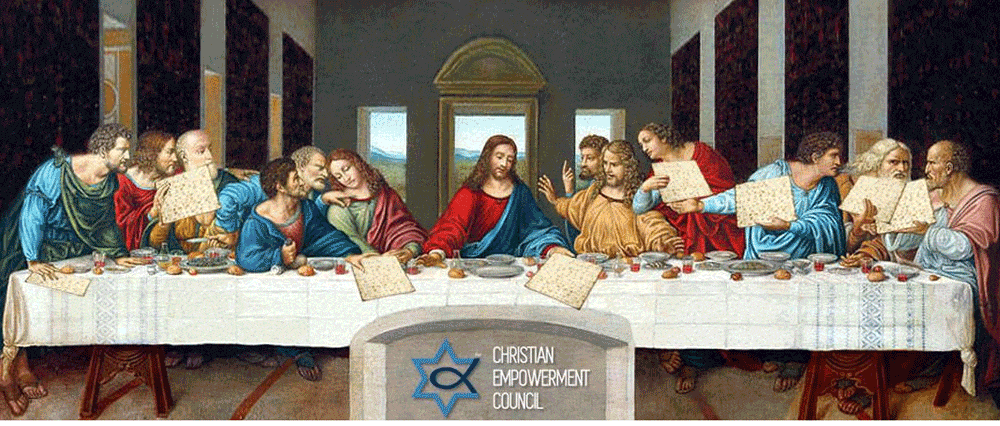
Leave A Comment